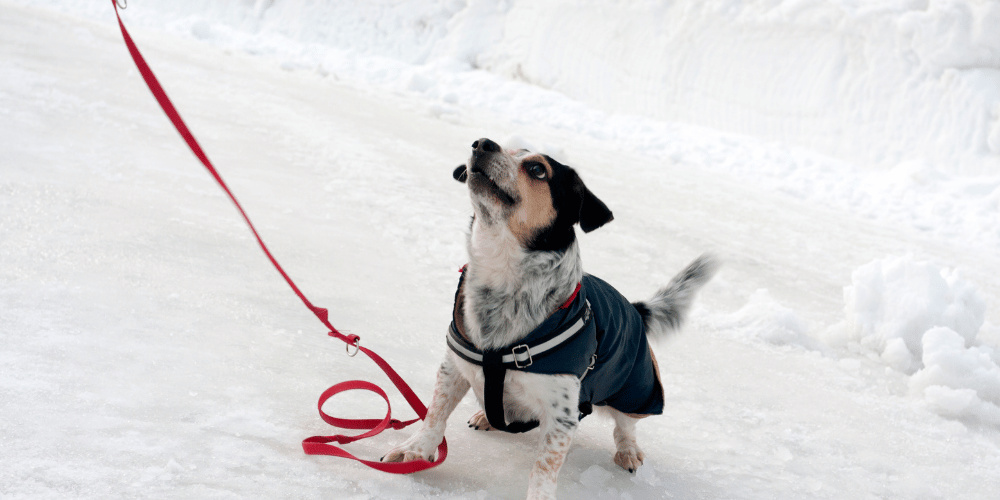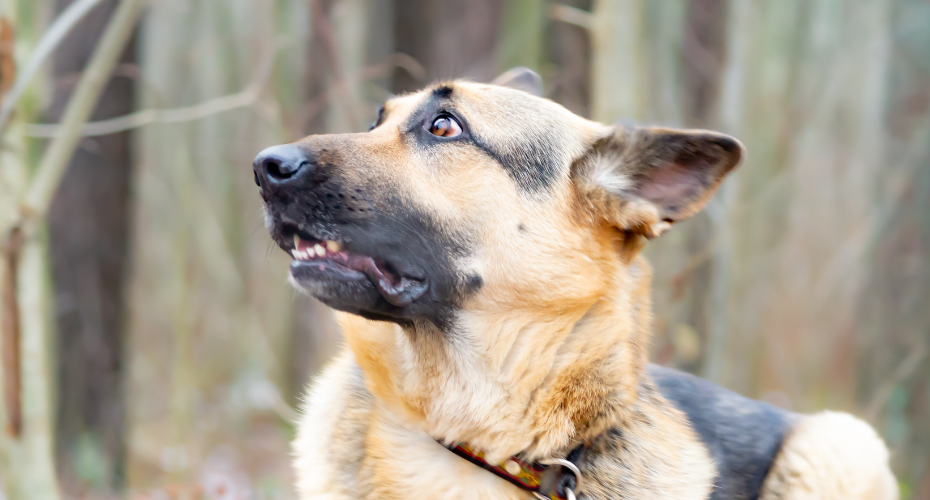
As the cool winds of winter settle in, we find ourselves reaching for warm blankets and a cup of hot chocolate. However, it's important to remember that our furry friends also need extra care during this season. Just like us, they can be susceptible to colds and flu. In this heartwarming guide, we will explore how we can keep our pets safe and healthy during the winter months, providing them with the love and support they deserve.
During the winter, respiratory illnesses tend to spread more easily, even among our pets. Dogs, in particular, are at risk of contracting infections when they come into contact with other animals at kennels, training classes, or competitions. Airborne particles, shared water, and contaminated surfaces create an environment where these illnesses thrive.
While we may not pass our human-specific colds to our pets, they do have their own versions of cold viruses that can cause similar symptoms. However, practising good hygiene, such as washing our hands and maintaining cleanliness, can significantly reduce the risk of transmitting these infections to our pets.
If your furry companion does fall ill, it's important to consult a veterinarian for an accurate diagnosis and appropriate treatment. Avoid using human medications, as they can be harmful to pets. Creating a warm and comfortable space for your pet to rest is essential for their recovery. Consider providing extra bedding or pet-safe clothing to keep them cosy.
Rest is crucial during the healing process, so designate a quiet area where your pet can recuperate without stress. Adequate hydration is also important, so ensure fresh and clean drinking water is always available. Adding some warm water to their bowl can encourage them to drink, especially in colder temperatures.
If your dog develops a persistent cough, it may be kennel cough—a highly contagious respiratory infection. Keep your dog away from other dogs until they have fully recovered. Remember, kennel cough cannot spread to other species of pets, such as cats.
To prevent illness, make sure your pet's vaccinations are up to date, as they play a significant role in supporting their immune system and reducing the risk of severe illness. Maintaining a healthy weight, feeding a balanced diet, and keeping their living areas clean and sanitised further promote their well-being.
As we embrace the Australian winter, let's remember to provide our pets with the extra care and attention they need during the cold and flu season. By practising good hygiene, seeking veterinary advice when needed, and creating a warm and nurturing environment, we can ensure their health and happiness throughout the winter months.


